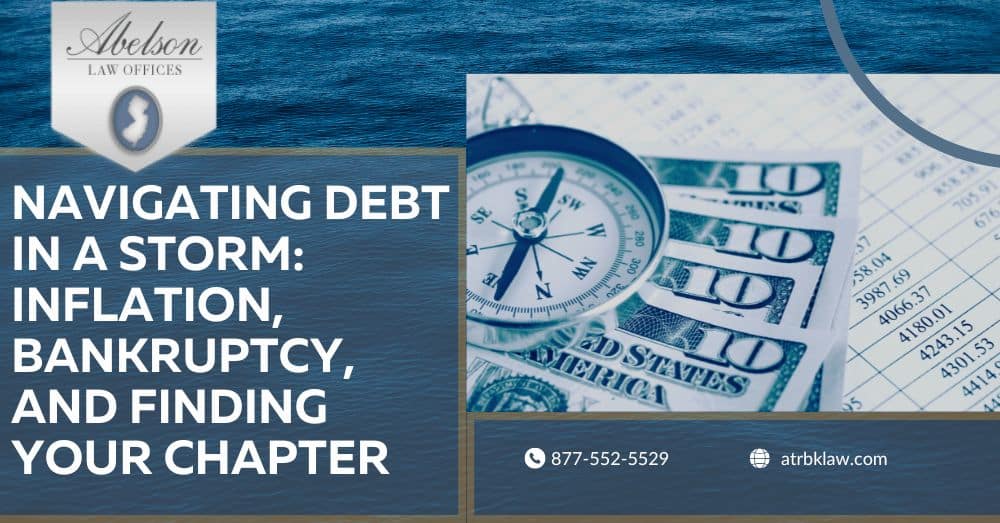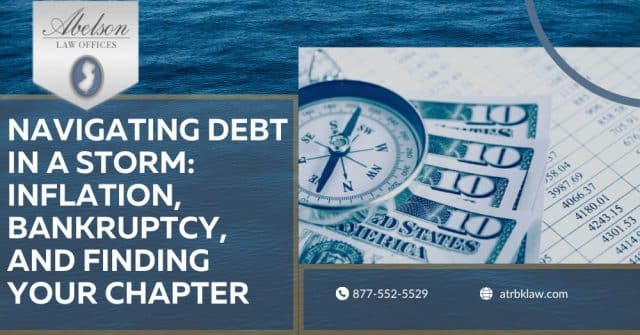Financial worries are always present, but with inflation hitting a 40-year high, many are feeling the squeeze more than ever. Debt that was manageable before suddenly feels suffocating, leading many to wonder: Is it time to file for bankruptcy?
Understanding the Impact of Inflation:
Inflation affects everyone differently. If your income hasn’t kept pace with rising costs, you’re likely struggling to cover essentials like housing, food, and utilities. This can quickly lead to mounting debt and missed payments. Remember, you’re not alone. Inflation is an external factor impacting millions of Americans.
When to Consider Bankruptcy:
There’s no “one size fits all” answer to this question. However, some signs indicate bankruptcy might be a viable option:
Overwhelming debt:
You’re consistently making minimum payments but barely making a dent in the principal.Collection calls and harassment:
You’re facing constant pressure from creditors, impacting your mental and emotional wellbeing.Loss of income:
Job loss, illness, or unexpected expenses have pushed you beyond your means.Foreclosure or repossession threats:
Your essential assets are at risk of being taken away.
Choosing the Right Chapter:
Bankruptcy comes in two main chapters, each with its own benefits and drawbacks:
Chapter 7:
This eliminates most unsecured debts like credit cards and medical bills. However, it requires qualifying based on income and asset tests. Assets may be liquidated to repay creditors.Chapter 13:
This creates a repayment plan over 3-5 years, allowing you to keep your assets while catching up on missed payments. It’s suitable for those with regular income and non-exempt assets.
Consulting a Bankruptcy Attorney:
Deciding on bankruptcy is a significant decision. A qualified bankruptcy attorney can:
- Assess your financial situation and determine if bankruptcy is the right choice.
- Help you understand the pros and cons of each chapter.
- Guide you through the filing process and represent you in court.
- Ensure your rights are protected and maximize your financial fresh start.
Remember:
- Bankruptcy is not a failure. It’s a legal tool to help you rebuild your financial stability.
- Seeking early legal advice can prevent further financial hardship and give you peace of mind.
- Don’t let shame or stigma deter you from exploring your options.
Don’t wait until the debt becomes overwhelming. Contact a bankruptcy attorney today for a confidential consultation and discuss your unique situation. Together, you can navigate the financial storm and find a path towards a brighter future.
If you’re in New Jersey, call the Law Offices of Steven Abelson, Esq.
Disclaimer: This blog is for informational purposes only and does not constitute legal advice. Please consult with a qualified bankruptcy attorney in your jurisdiction to discuss your specific situation.




